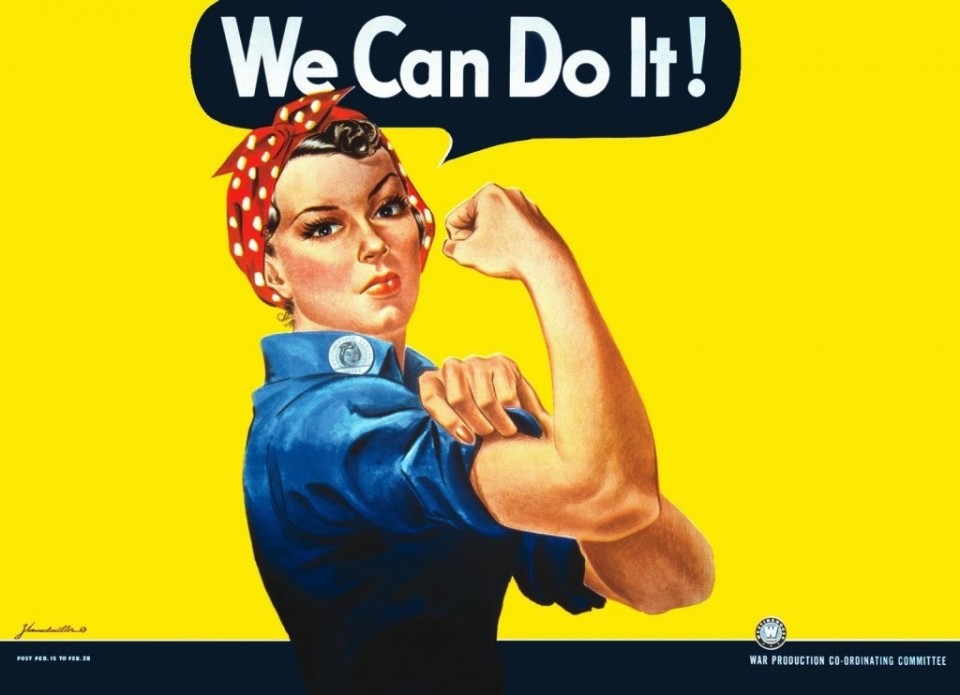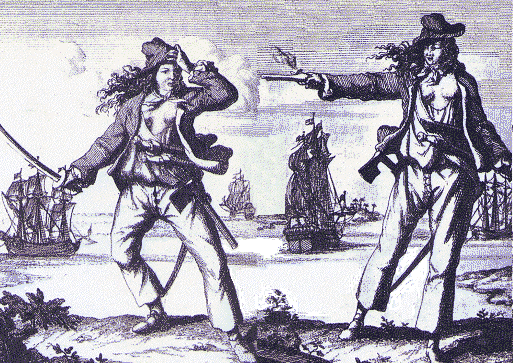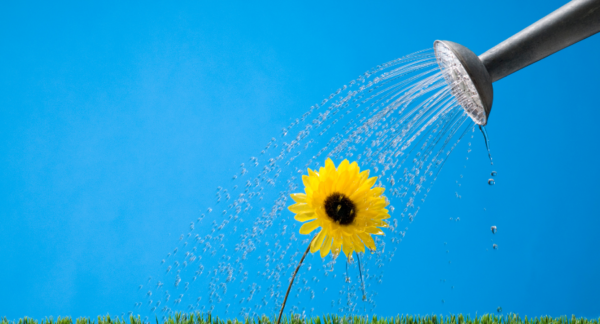What is Recovery? We Asked the Experts – Women in Rehab.
There is no “correct” answer to the question, “What is recovery?”. In fact, the definition of addiction recovery is so subjective, the Substance Abuse and Mental Health Services Administration (SAMHSA) uses 10 Guiding Principles of Recovery and a “working definition”. It reminds me of the pirate Barbossa, in The Pirates of the Caribbean. When he responds to a demand to be taken to shore based on the pirates’ “Code of the Order”. He says, “First, your return to shore was not part of our negotiations nor our agreement so I must do nothing. And secondly, you must be a pirate for the pirate’s code to apply and you’re not. And thirdly, the code is more what you’d call ‘guidelines’ than actual rules.”
People early to recovery are a bit like pirates.
Oftentimes looking for a loophole or a shortcut to sobriety. A guideline instead of a hard and fast rule. But recovery has been identified as a primary goal for behavioral health care. And every person I know who was an active user and isn’t anymore, has their own working definition of what long-term recovery means to them.
A Working Definition of Recovery
SAMHSA’s working definition of recovery is: “A process of change through which individuals improve their health and wellness, live a self-directed life, and strive to reach their full potential.” They go on to include four major dimensions that support recovery: health, home, purpose and community. The 10 Guiding Principles are:
- Recovery emerges from hope
- It is person driven
- And occurs via many pathways
- Recovery is holistic
- Supported by peers and allies
- It’s also supported through relationship and social networks
- Recovery is culturally-based and influenced
- It is supported by addressing trauma
- And recovery involves individual, family, and community strengths and responsibility
- Recovery is based on respect
And in the UK
In The Selected Papers of William L. White, there is a document called The UK Drug Policy Commission Recovery Consensus Group (UKDPC) in which Mr. White was a member. The UKDPC’s intention was to clarify the goals of treatment and rehabilitation and to define what we mean by the term “recovery”. Their definition of recovery is: “The process of recovery from problematic substance use is characterized by voluntarily-sustained control over substance use which maximizes health and wellbeing and participation in the rights, roles and responsibilities of society”. The use of the words “control over substance use” was deliberate to include both abstinence and maintenance approaches.
The UKDPC agreed that “white knuckle” abstinence with fear of relapse or “being parked” on prescription drugs did not constitute recovery.
The UKDPC says, “For some people recovery is an on-going process and they may always consider themselves ‘in recovery’ rather than recovered, while others may eventually feel that they are no longer at risk of relapse and are fully recovered.” They identified 8 “key features” of recovery as a starting point for discussion:
- Recovery is about accrual of positive benefits
- It requires the building of hope
- And may be associated with a number of different types of support
- Recovery is a process, not a single event and varies between individuals
- Recovery must be voluntarily sustained
- Requires control over substance use
- Maximizes health and well being
- And recovery is about building a satisfying and meaningful life
The Women of Sanford House Answer the Question
It is all well and good for the doctors and pundits and clinicians to understand what recovery means, but I wanted to know how the women of Sanford House define “recovery”. After all, it is they who are on this journey and if they don’t know where they’re going, how in the world will they get there? Over the past two years I have asked many of our clients, “What does recovery mean to you?”
Here’s what they said (I am paraphrasing and consolidating):
- Recovery is taking my life back
- It is freedom
- And a life of honesty
- It’s trusting myself and being trusted by others
- Recovery is not scrabbling
- Recovery is saving myself
- And living fully
- Recovery is becoming the person I want to be; living the life I want to have
- Recovery is not using
- It’s a life without anxiety
- Recovery is healing: spiritually, mentally and physically
- And is retraining my brain
- To live a peaceful life
I think it is interesting that the Sanford House residents focused on “life” and “living”. They didn’t talk about the process they would undertake in recovery. Nor did they talk “maintenance” or even their families or community. (Although all those things are important). And I can tell you that everyone in the group spoke immediately when it was their turn. There was no hemming and hawing; they knew what they wanted to say.
The women of Sanford House wanted to talk about how recovery would feel; how it would feel to live unencumbered lives. And when you think about it, envisioning how a wonderful life will feel is not only a great incentive to stop “problematic substance use,” but an excellent starting point for discussion about the definition of recovery.




